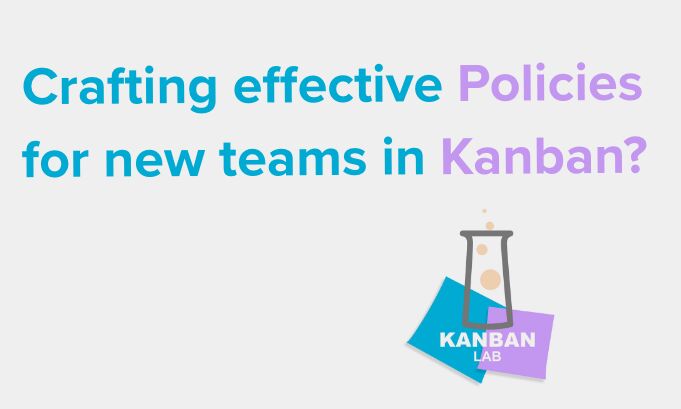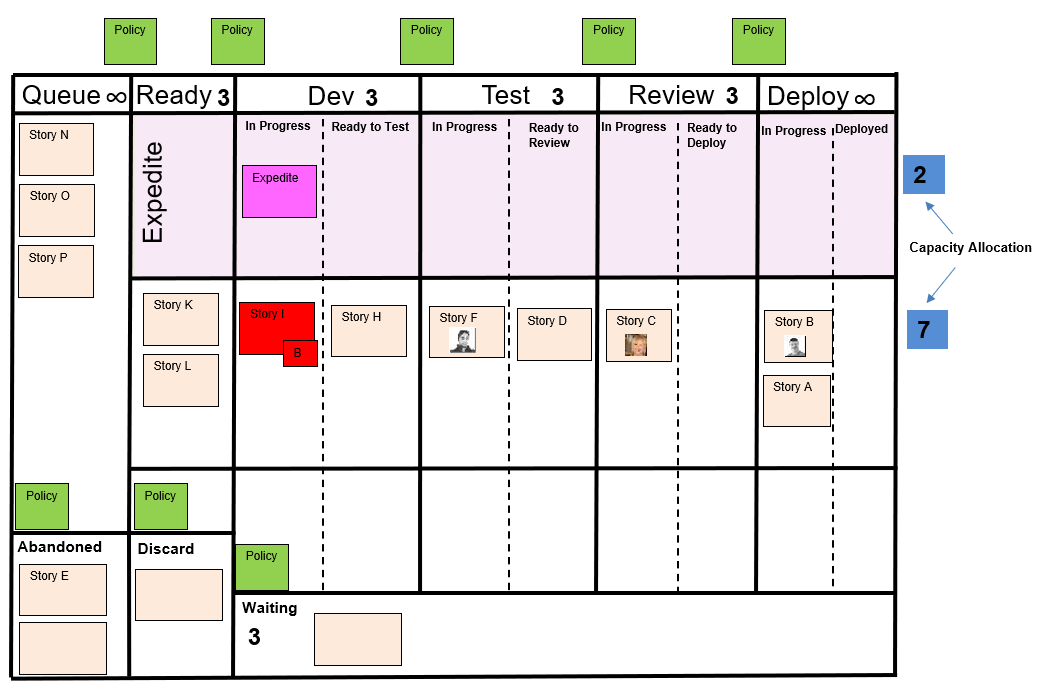In This Issue
- “Advanced Kanban Boards” App for Jira – Kanban University Partner Webinar Series
- Kanban Conferences in Brazil and Australia are Fast Approaching
- Crafting Effective Policies for New Teams in Kanban
- Expedites Are Bad For Your System!
- Online/In-Person Training Survey
- Sources of Delay: Failure Demand
- The Top 3 Overlapping Values Between Scout Principles and Kanban
- Ruby Explains Work in Progress (WiP) Limits
“Advanced Kanban Boards” App for Jira – Kanban University Partner Webinar Series
Click below to watch the story of successful evolutionary change that comes from using Scrum with Kanban empowered by the “Advanced Kanban Boards” App for Jira. Discover how Advanced Kanban Boards for Jira can enable your team to achieve faster deliveries, improve time to market, and easily evolve their Scrum implementation using Kanban practices. Any questions? Email support@releasemanagement.app or submit a support request.
Kanban Conferences in Brazil and Australia are Fast Approaching
Don’t miss your chance to get together in-person with Kanban friends and colleagues at the next two conferences in September and October. Grab one of the last spots at Kanban Brazil before registration closes on September 6th. Make sure to check out the additional workshops available before and after Kanban Australia.
Kanban Brazil
September 13-14, 2023
Grand Mercure Ibirapuera
São Paulo, Brazil
Crafting Effective Policies for New Teams in Kanban: Kanban Lab Podcast
In this episode of the Kanban Lab podcast, Orod Semsarzadeh (AKT, KMP) and Soma Mazumder (AKT, KCP, KMP, KPP) shared their experience with writing effective team policies (rules). They talked about making policies that matter based on their own experiences, and gave practical advice such as policies should be short and clear and the team should all agree on the policies. When everyone understands and agrees on the policies, the team can work well together and succeed. This talk is helpful for leaders, coaches, and managers who want to guide their teams well.
Expedites Are Bad For Your System!
Helen Meek (AKC, AKT, KCP, KMP) plays the ‘Get Kanban’ game a lot as part of her Kanban System Design Class and it never ceases to amaze her how reactive people are to expedite a ticket for whatever reason. This is also reflective of what she sees in real life. The team is busy working away and then a ticket comes crashing in and everyone stops to jump on this, and no one batters an eyelid. Do we not know how bad expedites are for your system? Check out Helen’s thoughts on the newly relaunched RippleRock blog.
Online/In-Person Training Survey
Have a minute? Help the David J Anderson School of Management team by sharing your feedback! They want to know if “back to the office” also means “back to in-person instructor-led training.” Please share your opinion via this link below.
Sources of Delay: Failure Demand
Fernando Cuenca (AKC, AKT, KCP, KMP) continues his exploration of Sources of Delay with this Failure Demand blog. If value demand is what motivates us to do the work that is part of our mission, and arguably we’d like to do more of it, failure demand constitutes requests for work that 1) originates in the delivery of the first kind of demand, 2) it’s remedial in nature, and 3) we’d like to do less of. Fernando includes things like defect fixes and production incidents, but also manual (follow-up) work, workarounds, training issues, and deliberate technical debt. Start by understanding the nature of your demand, its cost of delay and impact, and then make decisions like capacity allocation, classes of service, and root cause elimination.
The Top 3 Overlapping Values Between Scout Principles and Kanban
In today’s dynamic and fast-paced world, embracing change and driving digital transformation is crucial for success. As a leader responsible for product management, it is essential to draw inspiration from various sources to guide our teams effectively.
One such source of inspiration in Elisabeth Mero Santucci’s (KMP) life is the Scout movement, founded by Robert Baden-Powell, which instills timeless principles of helping others and leaving the world a better place. Surprisingly, these principles resonate remarkably well with Kanban, a powerful method for managing the workflow of knowledge and driving continuous improvement.
Ruby Explains Work in Progress (WiP) Limits
We all know that the more cars on the road, the slower the traffic goes. However, when it comes to applying this in our everyday work we seem to think the busier we are, the more we’ll get done.
Matt Evans (AKT, KMP) shares how his awesome Jack Russell Terrier helps us to look at Work in Progress limits.










